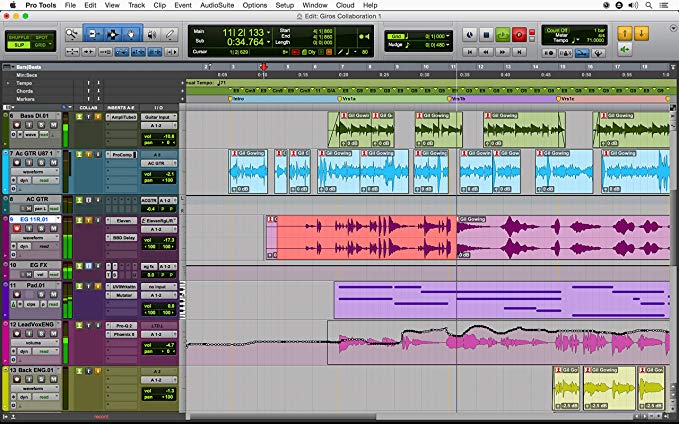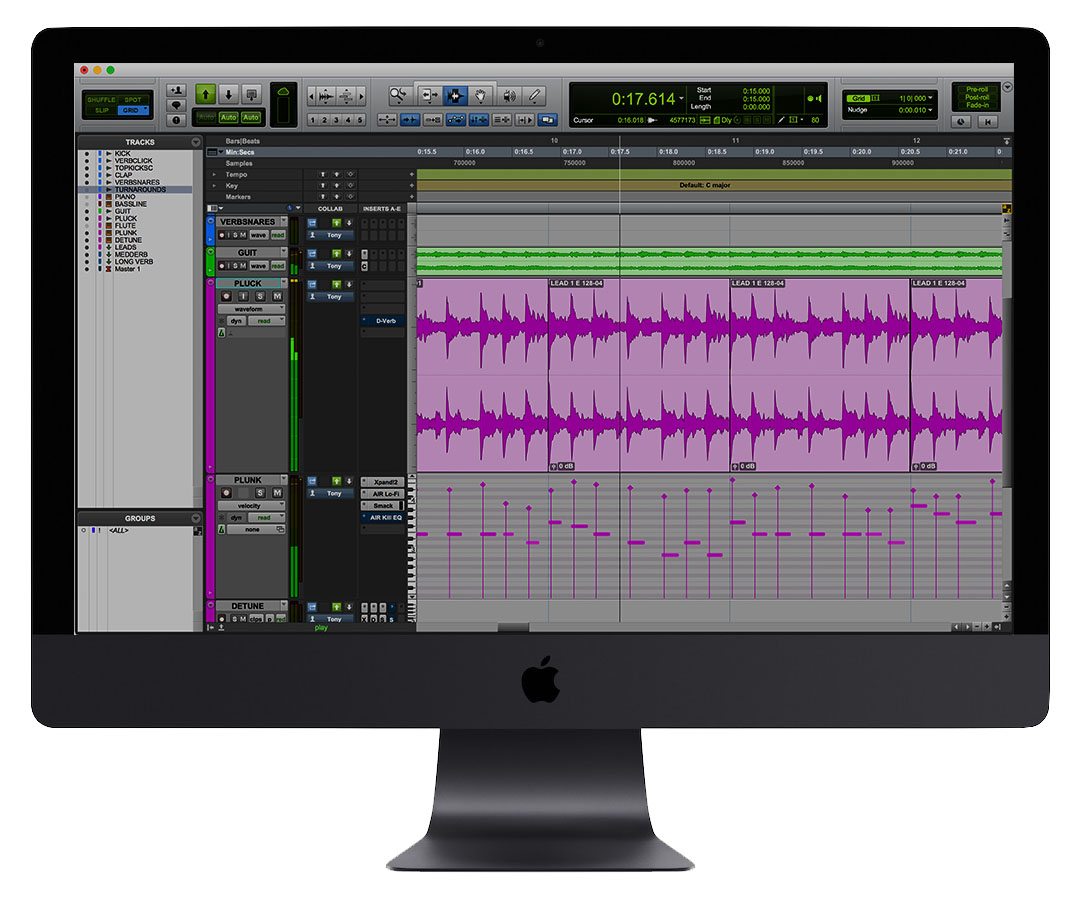
- #Studio recording apps for mac full
- #Studio recording apps for mac pro
- #Studio recording apps for mac professional
Both Foster and Avary recommend UAD’s “Universal Audio Arrow,” which does a great job at emulating the classic mic preamplifiers at pricey recording studios. created using virtual sounds), you’ll need an audio interface to record your vocals as well as any “live” instruments you want on the track. Unless 100% of your music is made solely “in-the-box” (I.e.
#Studio recording apps for mac pro
“Most commonly, people record with a computer and a DAW such as Pro Tools, Logic, Ableton or Cubase.” Avary tracks and mixes in Pro Tools, though he says Logic is a solid option for those who like to work quickly or try new sounds, as its selection of “virtual instruments” allows for more options and experimentation.įoster says he likes Logic Pro X thanks to its “user-friendly interface,” and its more than 2800 instrument and effect patches and 7000 Apple Loops, which are a great way to get started on a track. “You’ll need a way to record your ideas,” says Avary.
#Studio recording apps for mac full
While some musicians have a full desktop set-up, many like to use a laptop, which allows them to record and track on the go. Look for something fast, with decent storage, and capable of easily processing the audio you’re recording. Start by picking up a reliable computer, which will serve as the backbone for your home studio. “Modern technology now makes easier than ever to capture those brutally honest moments in the actual moment they were born.” “Most of the best songs we’ve ever heard were written in bedrooms or hotel rooms,” Avary offers.


#Studio recording apps for mac professional
Whether you’re just getting started with music or looking for a cheaper alternative to booking studio time, here are eight things you need to set up a fully functioning, professional recording studio from the comforts of your own home. “Not everyone can afford to have a studio booked for months at a time to accommodate their spontaneous creativity.” “It’s more cost efficient for artists working on a smaller budget,” he says. “I’m constantly writing and making music and I like to see where the music leads me as it’s happening, follow it, and then capture it right in the moment,” he says, citing his last album, “Zoetic,” which he recorded in a tiny room of a house at the bottom of Laurel Canyon in Los Angeles.įor Avary, who recently converted a friend’s backhouse into a recording space for his next album, “Having my own studio allows for spontaneity and much more experimentation, rather than coming up with ideas beforehand and then banging them out in a big-time pro studio, all whilst hearing the expensive tick-tock of the clock.”įoster agrees, saying that setting up a recording space at home is decidedly more affordable than booking a studio, which can often run up to thousands of dollars an hour. For Bryce Avary, lead singer of The Rocket Summer, having a home studio is all about flexibility, and having the freedom to create on your own schedule.


 0 kommentar(er)
0 kommentar(er)
